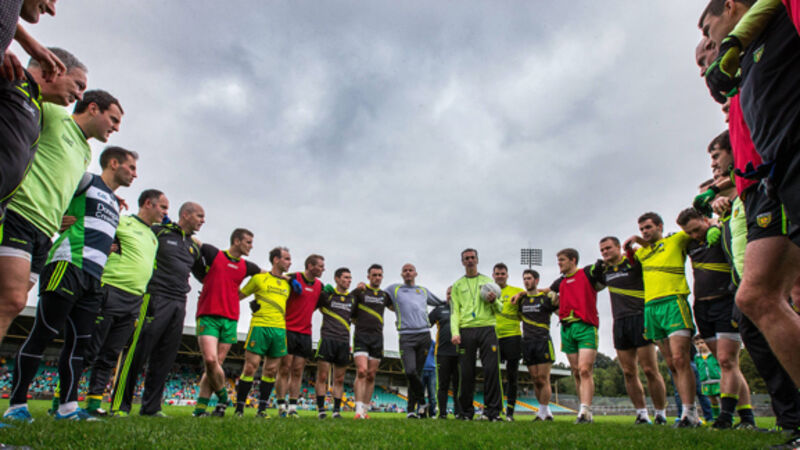The interview hunt: Waiting and wondering in the media game

For you it may mean Valentine’s Day, and the old barely-veiled pagan rituals of renewal and rebirth, the thirsty earth seeking the blood soaking down into it for seed and regeneration to take root once again.
If it does, try to keep the blood off your good shoes and enjoy yourself. For me, and others like me, it means the great dance begins again.












